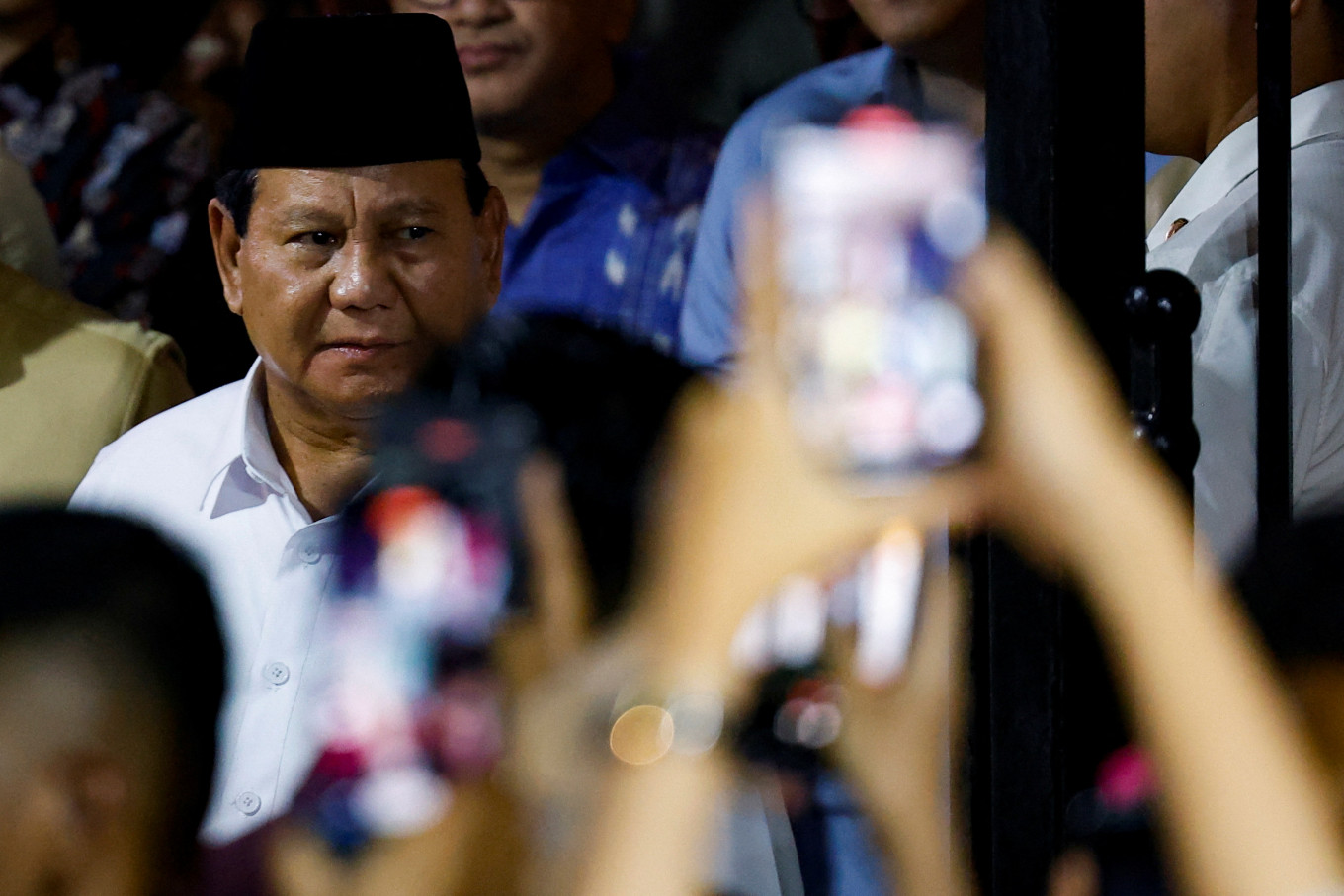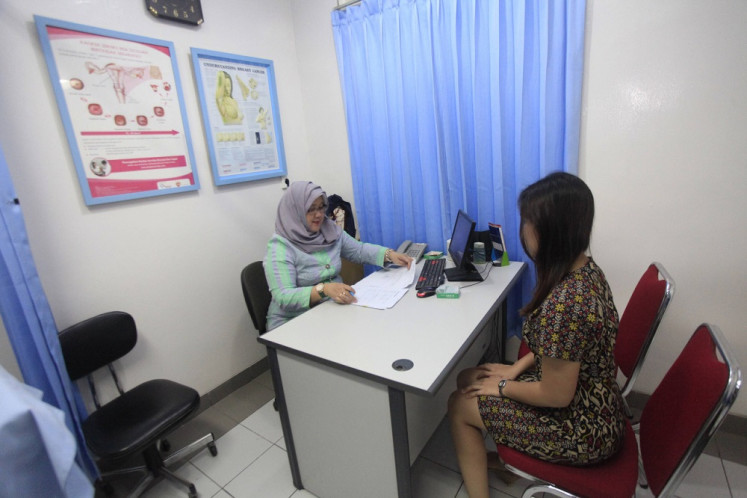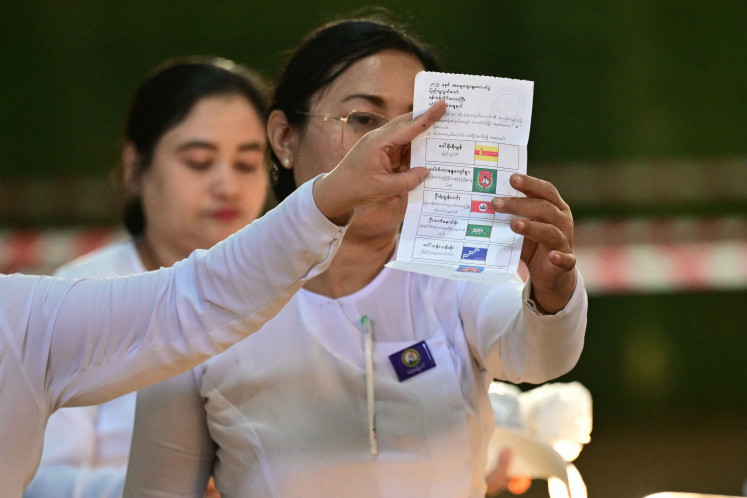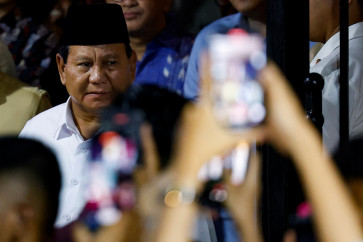Popular Reads
Top Results
Can't find what you're looking for?
View all search resultsPopular Reads
Top Results
Can't find what you're looking for?
View all search resultsWill a Prabowo presidency spell the end of Indonesian democracy? (Part 2)
President-elect Prabowo is surely right when he says that the nature of Indonesian politics has changed beyond recognition. Democracy is here to stay, although much needs to be reformed and rationalized.
Change text size
Gift Premium Articles
to Anyone
D
ecentralization has also allowed local politics to flourish and triggered the emergence of a score of such politicians throughout Indonesia, and especially out of Java. Ganjar Pranowo and Anies Baswedan, two presidential candidates in the 2024 general election, are a case in point. Barring a major external war or a natural catastrophe of unfathomable severity, the possibility of a recentralized military government in Indonesia is almost non-existent.
Second, the level of political and social violence has declined sharply in the democratic era. This was especially true in the first decade following the 1999 elections. The ending of separatist wars in Aceh, the independence of Timor-Leste, the dampening of religious conflicts in Sulawesi and the partition of Papua have all contributed to this impressive result. The greater mobility within the archipelago driven by rapid urbanization and economic growth have helped to maintain Indonesia's low level of social conflict.
Third, there is the impact of Indonesia's urbanization and the rapid rise of its consuming class or middle class. According to World Bank data, the Indonesian middle class has grown at 12 percent per year since 2002, well above the growth of real GDP. Indonesia's traditional rural economy is being transformed before our eyes into a land of towns and cities.
This is transforming both its economic and social landscape. On the one hand, it is fueling the emergence of an Indonesian-integrated domestic market. Such an integration is triggered by the sustained efforts at physical connectivity through inter-urban airports, highways, bridges and railways. Indonesia's fast-growing middle class is also young and mobile. It has no personal experience of the New Order government or military folklore. It is used to civil society, social media, instant communication and cashless transactions.
President-elect Prabowo is surely right when he says that the nature of Indonesian politics has changed beyond recognition. Democracy is here to stay, although much needs to be reformed and rationalized. There are no fiery speeches about the suppression of a given minority, à la Myanmar or the need to restore national order or freedom of movement as in Hong Kong or to deliver the country from bitter factional strife as in Thailand or indeed the need to keep fiery Mullahs and religious extremism at bay as in Egypt and elsewhere.
Prabowo and others are surely right when they see nationalism in Indonesia today not in terms of military takeovers and autocratic rule but in terms of finding ways to accelerate economic growth. It is the time to eradicate the scourge of absolute poverty from its most far-flung village, to promote business start-ups and to provide universal health care and high-quality education.
The cuddly grandpa's school meal program for all of Indonesia is just what many international organizations have recommended for decades. Is this such a long way from the idea of universal health care or an increase in education spending?



















